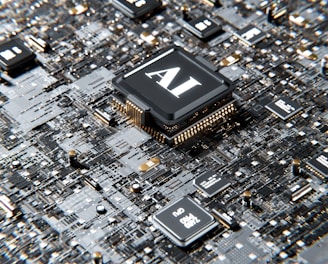Intelligent Energy Optimization
Revolutionizing energy management with AI-driven models for efficiency, prediction, and real-time monitoring.
Energy Optimization Services
AI-driven energy optimization for efficient management and real-time monitoring of energy usage.
Intelligent Energy Model


Integrating demand prediction and optimization strategies for enhanced energy efficiency.




Deep Learning Tools
Developing advanced algorithms for load prediction, energy scheduling, and efficiency assessment.
Experimental Model Validation
Testing performance across diverse energy scenarios and complex load management.
Energy Optimization
This research will advance our understanding of OpenAI models in several aspects: First, it provides a new perspective on AI systems' potential in energy optimization, exploring large language models' capabilities in handling energy management issues. Second, the EnergyNet model will demonstrate how to combine energy management knowledge with AI technologies, providing a reference framework for similar applications. Third, the research will reveal AI systems' performance characteristics in energy optimization and demand prediction. From a societal impact perspective, improved energy optimization systems will enhance energy usage efficiency, reduce environmental impact, and provide better support for sustainable development.


Deep Learning Tools
Developing advanced algorithms for load prediction and energy scheduling efficiency.


Experimental Validation
Integrating models into GPT architecture to validate performance across scenarios.